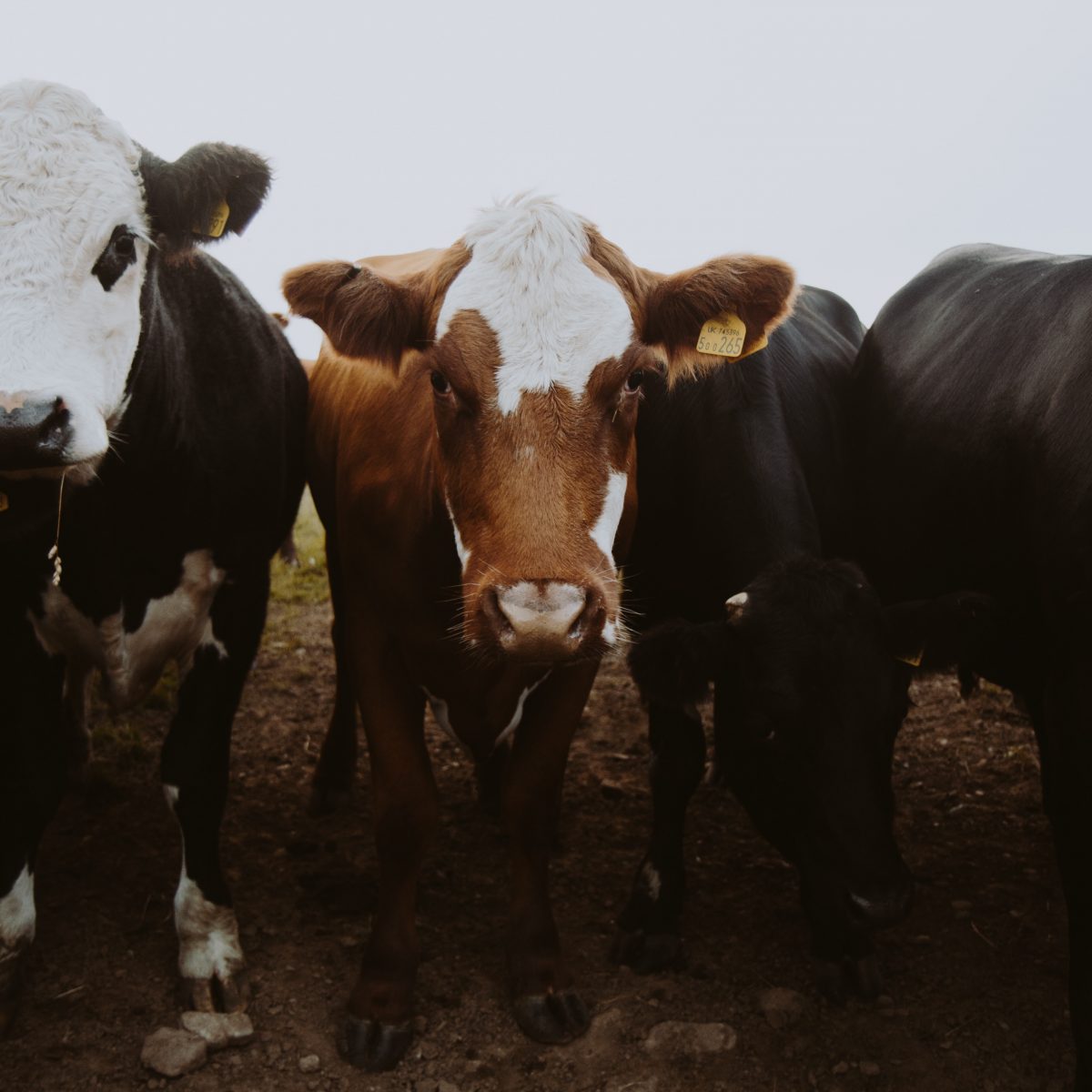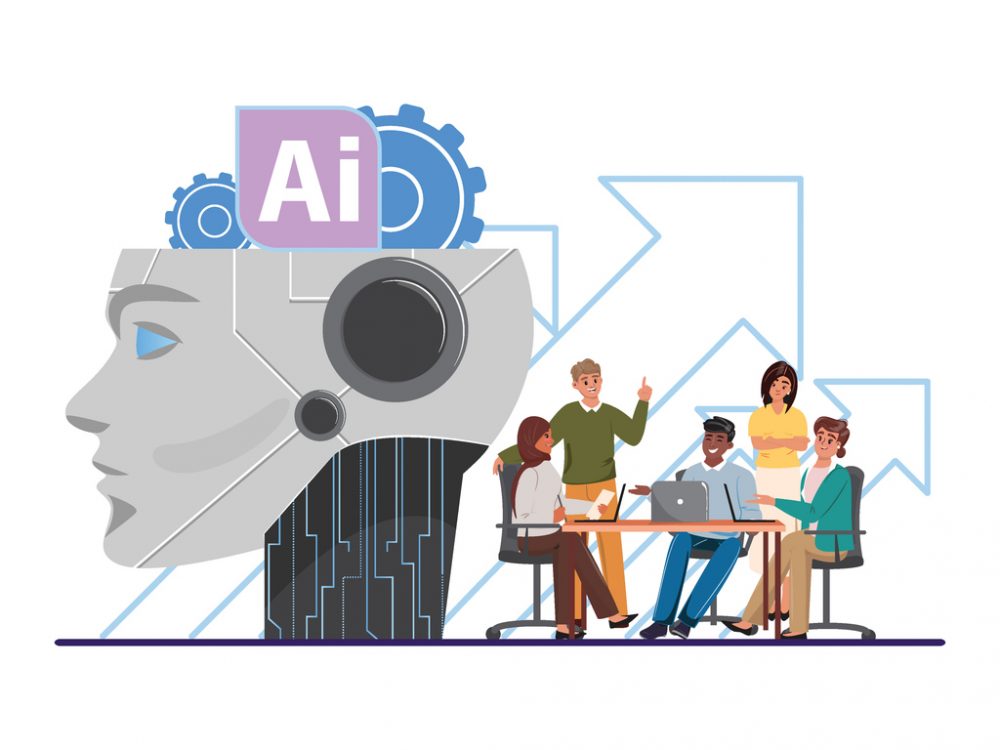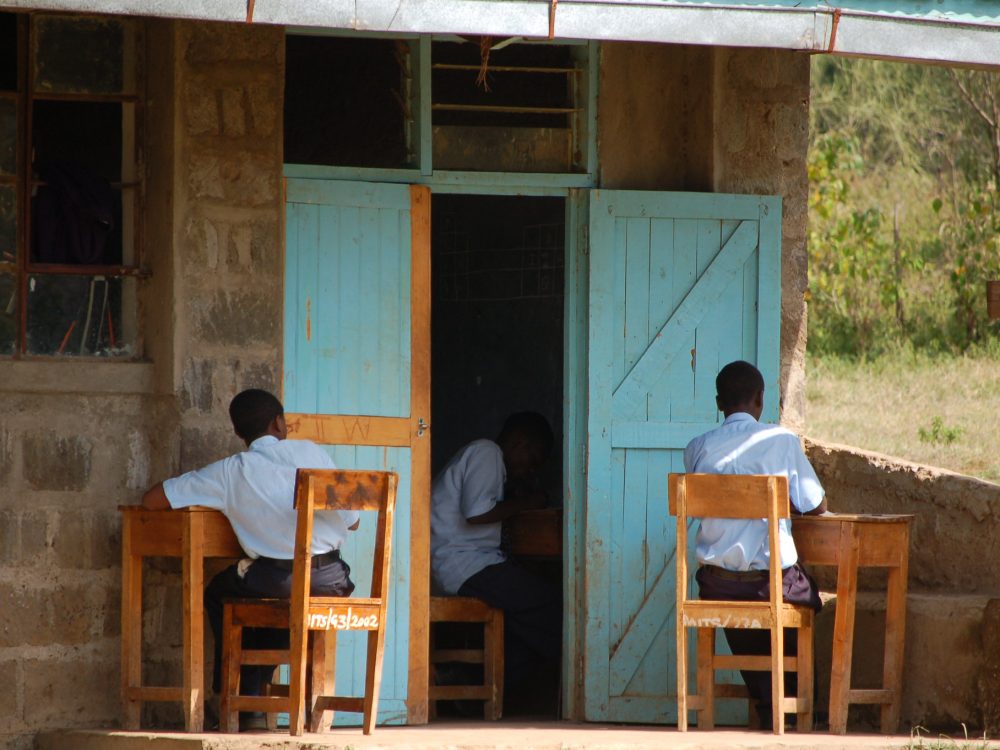
Announcing Development Gateway’s aLIVE Program: Advancing Livestock Data in Ethiopia
Development Gateway: an IREX Venture (DG)—with funding from The Bill & Melinda Gates Foundation (BMGF) and in partnership with Ethiopia’s Ministry of Agriculture (MoA)—is pleased to announce a new program, a Livestock Information Vision for Ethiopia (aLIVE). This four-year, $5 million program will empower Ethiopia’s stakeholders in the livestock sector to make data-informed decisions by providing relevant, accurate, timely, and digital livestock data and analytics. Ultimately, the aLIVE program will support Ethiopia in meeting national food demands as well as achieving food security while building a robust, more independent economy.
Counting Cattle: Why an Improved Livestock Information System is Needed
Ethiopia’s agriculture sector accounts for 40% of the country’s gross domestic product (GDP) and employs 75% of the country’s workforce.1 Livestock is a key component in this sector—in fact, Ethiopia has the largest livestock population in Africa, with 70 million cattle, 42 million sheep, 52 million goats, 8 million camels, and 56 million chickens.2
Therefore, Ethiopia’s livestock is vital to the country’s economic well-being and is a key component in the government’s aim to create food security and decrease reliance on agricultural imports, as outlined in Ethiopia’s Ten-Year Strategic Development Plan of the Ministry of Agriculture. To meet these goals, Ethiopia needs a more robust tool for managing livestock data, known as a livestock information system (LIS). DG’s goal is to create an LIS that:
- Aggregates standardized livestock data that comes from multiple sources;
- Includes visualizations which will make it easy to understand and engage with key data indicators on livestock; and
- Has backend architecture that meets MoA’s functional and technical needs for appropriate data management and quality assurance features critical to keeping the data up to date.
The current state of Ethiopia’s livestock information is impacted by input data of varied quality and a limited capacity for data analysis, including comparison, which slows down the flow of information to stakeholders and limits their ability to use data to shape production decisions. Exacerbating these concerns are the inability to exchange information between existing digital systems and tools (i.e., a lack of interoperability), gaps in the available data, and limited guidelines and regulations on data governance. With all of these limitations combined, stakeholders have access to only segments of Ethiopia’s livestock sector and therefore, are limited in data-driven decision-making.
Ethiopia’s MoA recognized the challenges facing the agriculture sector and, in 2017, partnered with BMGF to transform the country’s livestock data ecosystem. This was the first phase of the aLIVE program. During this phase, the MoA worked closely with the Livestock Investment Corporation (LIC) and International Center for Tropical Agriculture (CIAT) to conduct a landscape analysis of the livestock data ecosystem which outlined stakeholder needs and the state of the livestock data ecosystem.
From this landscape analysis, the partners developed the Livestock Information System Roadmap, which provides an overarching vision for the development of a comprehensive LIS and includes discrete steps on how to achieve this vision. For the second phase of the aLIVE program, DG will take the lead on the technology implementation stage.
aLIVE Tomorrow: Next Steps in Advancing Ethiopia’s Agriculture
In this next stage of the aLIVE program, the overall goal is to increase the MoA’s ability to analyze and use livestock data in its planning, policy making, programming, and resource allocation by creating an improved LIS, strengthening data governance, and conducting related capacity building activities.
DG will know that this goal has been met when:
- MoA has access to timely, relevant, and interoperable data on livestock through the LIS;
- MoA has improved skills, processes, data governance systems, and incentives to use data to inform policy making and resource allocation decisions; and,
- MoA has the resources, skills, and infrastructure necessary to sustain and grow the use of the LIS over time.
Throughout the first year of the aLIVE program, DG and MoA will lay the foundation for the program’s success by:
- Determining the LIS data standard to support interoperability across databases;
- Finalizing the system architecture defined in the Roadmap for the LIS;
- Strengthening the existing livestock MoA databases; and
- Updating the data management process (i.e., the way data is collected, shared, and uploaded) in order to support future data use and long-term sustainability of the strengthened data ecosystem.
Stay tuned for more!
- “Agriculture and Food Security.” USAID. Last modified January 8, 2021. https://www.usaid.gov/ethiopia/agriculture-and-food-security.
- Central Statistical Agency of Ethiopia. May 7, 2021. Original data from https://www.statsethiopia.gov.et/our-survey-reports/. Accessed via https://public.knoema.com/pbwfnlf/livestock-statistics-of-ethiopia.
Share
Recent Posts

Beyond Kigali: Where Does Africa Go from Here with AI?
As governments, funders, entrepreneurs, and technology leaders rally around the AI moment and move towards actions, at Development Gateway, we are asking a different set of questions: Where is the data, and what is the quality of the data behind the algorithms? How will legacy government systems feed AI tools with fresh and usable data? Are Government ministries resourced to govern and trust the AI tools that they are being encouraged to adopt?

Shared Struggles, Shared Solutions: Education and Cross-Sector Data Use Insights
This blog draws on DG’s experience in climate, health, aid management, and agriculture to explore connections between the challenges of data collection, data hosting, and data governance across different sectors and what the solutions to overcoming them can teach us about strengthening education data systems.

Economic Toll of Tobacco-Related Diseases in Kenya: New Research Findings
Development Gateway: An IREX Venture (DG) is pleased to announce the publication of a research manuscript on the Economic Costs of Tobacco-Related Illnesses in Kenya. This research was carried out as part of the Tobacco Control Data Initiative (TCDI) activities in Kenya and is part of a broader report on Morbidity and Mortality from Tobacco Use in Kenya.